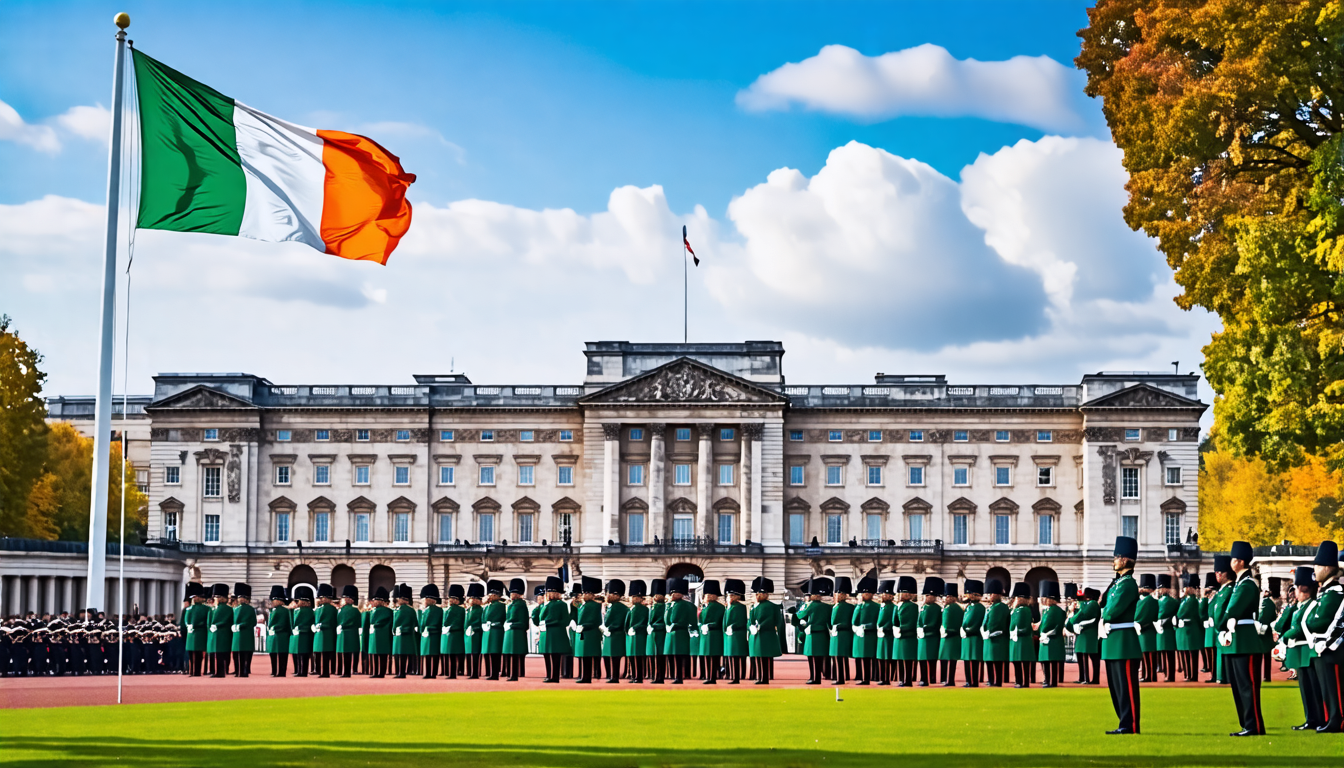In a bold and unprecedented move, UK Prime Minister Keir Starmer has proposed a unique solution to the ongoing Brexit debacle: joining a United Ireland under Irish leadership. Starmer’s suggestion has sparked both astonishment and controversy, as it aims to reverse the detrimental effects of Brexit by leveraging Ireland’s more stable and prosperous trajectory since its independence from British rule.
The Proposal
Starmer’s proposal comes at a time when the UK is grappling with the economic and social fallout of Brexit. Since the UK left the European Union, it has faced numerous challenges, including trade disruptions, economic instability, and political unrest. In contrast, Ireland, which remained in the EU, has experienced significant economic growth and stability. This stark difference has led Starmer to consider a radical approach: reuniting with Ireland under its leadership to benefit from its EU membership and more favorable economic conditions.
Ireland’s Rise
Ireland’s success story is particularly remarkable given its history of colonial oppression under British rule. Today, Ireland boasts a robust economy, a high standard of living, and a strong position within the EU. By aligning with Ireland, Starmer believes the UK could regain access to the EU market, stabilize its economy, and improve its global standing. This move, however, is not without its critics.
Controversy and Criticism
Starmer’s proposal has ignited a firestorm of debate. Critics argue that suggesting the UK be led by Ireland is not only a reversal of centuries of history but also an admission of failure regarding Brexit. They claim that erasing history in such a manner is less important than finding practical solutions within the existing framework. Furthermore, the idea of ceding leadership to Ireland has ruffled feathers among British nationalists and Brexit supporters, who see it as an affront to British sovereignty and pride.
Practical Implications
While the proposal is radical, it addresses the urgent need to mitigate the economic damage caused by Brexit. Starmer has emphasized that this move is about pragmatism and securing a better future for the UK. By joining a United Ireland, the UK could potentially benefit from Ireland’s favorable trade agreements, economic policies, and EU membership, providing a much-needed boost to its struggling economy.
International and Domestic Reactions
Internationally, the proposal has received a mixed response. The EU has shown a willingness to engage in discussions about closer ties with the UK, albeit with some skepticism. Irish Prime Minister Simon Harris has expressed openness to the idea, highlighting Ireland’s role as a bridge between the UK and the EU. Domestically, however, the proposal has faced fierce opposition from political rivals and sections of the public who view it as a betrayal of Brexit’s promises.
Conclusion
Keir Starmer’s advocacy for a union with Ireland under its leadership is a daring attempt to navigate the post-Brexit landscape. While the proposal is fraught with challenges and controversy, it underscores the desperate need for innovative solutions to the UK’s ongoing crises. Whether this radical idea will gain traction remains to be seen, but it undeniably adds a new dimension to the debate on the UK’s future in a post-Brexit world.

